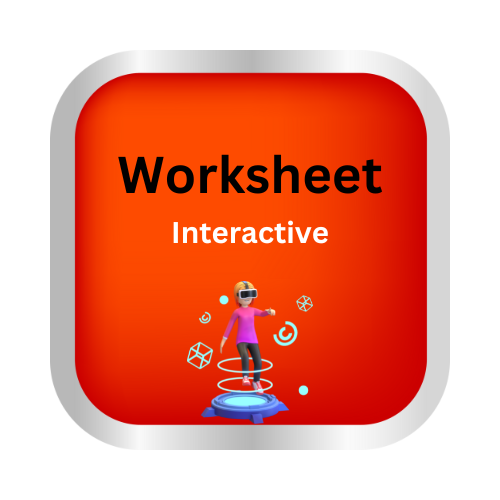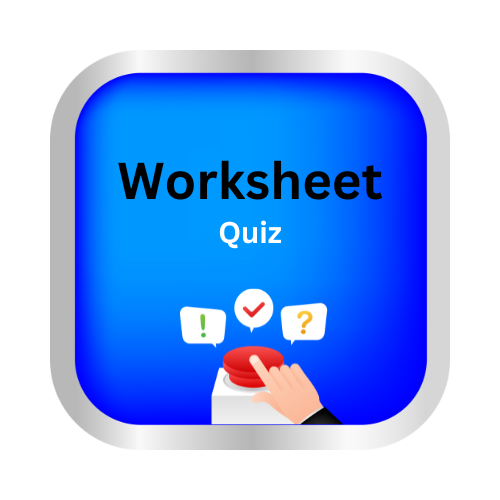Flip, turn, and slide
key notes :
Definition of Transformations:
- Explain that transformations are ways to move or change the position of a shape without changing its size or shape.
Types of Transformations:
Flip (Reflection):
- Define flipping as a mirror image of a shape across a line (mirror line).
- Show examples where shapes are flipped horizontally or vertically.
Turn (Rotation):
- Introduce turning as rotating a shape around a fixed point (center of rotation).
- Discuss quarter, half, and three-quarter turns with simple shapes like squares and triangles.
Slide (Translation):
- Describe sliding as moving a shape from one place to another without changing its size or orientation.
- Use arrows to show direction and distance of movement.
Visual and Practical Examples:
- Use visual aids, such as drawings or manipulatives, to demonstrate each type of transformation.
- Encourage hands-on activities where students physically manipulate shapes to understand the transformations.
Practice Exercises:
- Provide worksheets or interactive exercises where students can practice identifying and performing flips, turns, and slides.
- Include simple puzzles or challenges to reinforce understanding.
Real-life Examples:
- Connect transformations to everyday examples (e.g., flipping a book, turning a steering wheel, sliding a drawer) to make the concept more relatable.
Learn with an example
⏩ What has been done to this letter?

- Flip
- turn
- Slide
This is a flip. Flip the letter over the dotted line.

⏩ What has been done to this letter?

- Flip
- turn
- slide
This is a slide. Slide the letter up and right.

⏩ What has been done to this letter?

- Flip
- turn
- Slide
This is a turn. Turn the letter upside down .

let’s practice! 🖊️

